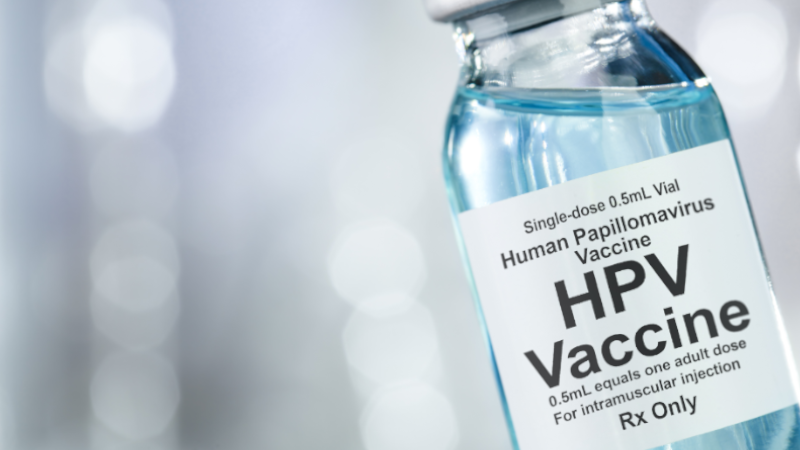
Thanks for your question. Lots of people have questions about vaccines, and specifically about the HPV vaccine. Let’s review some of the facts.
What is HPV?
HPV stands for Human Papillomavirus. There are many different types of HPV, and some of them are transmitted through sexual contact. HPV can cause genital warts as well as certain kinds of cancer.
Does HPV cause cancer?
Certain types of HPV can cause cancer, including cancer of:
- the oropharynx (which means the throat, base of the tongue, and tonsils)
- the anus
- the penis
- the cervix
- the vulva
- the vagina
Am I at risk of getting HPV?
You are at risk of HPV if you have had sexual contact or plan to have sexual contact in your lifetime.
What should I know about the HPV vaccine?
There are different kinds of HPV vaccines. In the United States, Gardasil 9® is used. It protects against nine different types of HPV, including 6, 11, 16, 18, 31, 33, 45, 52, and 58. It is expected to prevent 90% of HPV related cancers.
The Center for Disease Control and Prevention (CDC) recommends that all 11 and 12 year olds get the HPV vaccines.
Anyone receiving the HPV vaccine series before their 15th birthday needs 2 doses. Anyone starting the HPV vaccine series needs 3 doses. The reason for this is your body can create a better response to the vaccine before your 15 years old.
Should I get the HPV vaccine if I have not had sex yet?
Yes. In fact, the HPV vaccine works best in people who have not yet come into contact with HPV. In other words, it works best in people who have not had sex yet. The reason is because it will help get your body protected before you are exposed to HPV.
If you have had sex, it’s still a good idea to get the HPV vaccine as it will help protect you against multiple types of HPV.
 Young Men's Health
Young Men's Health
